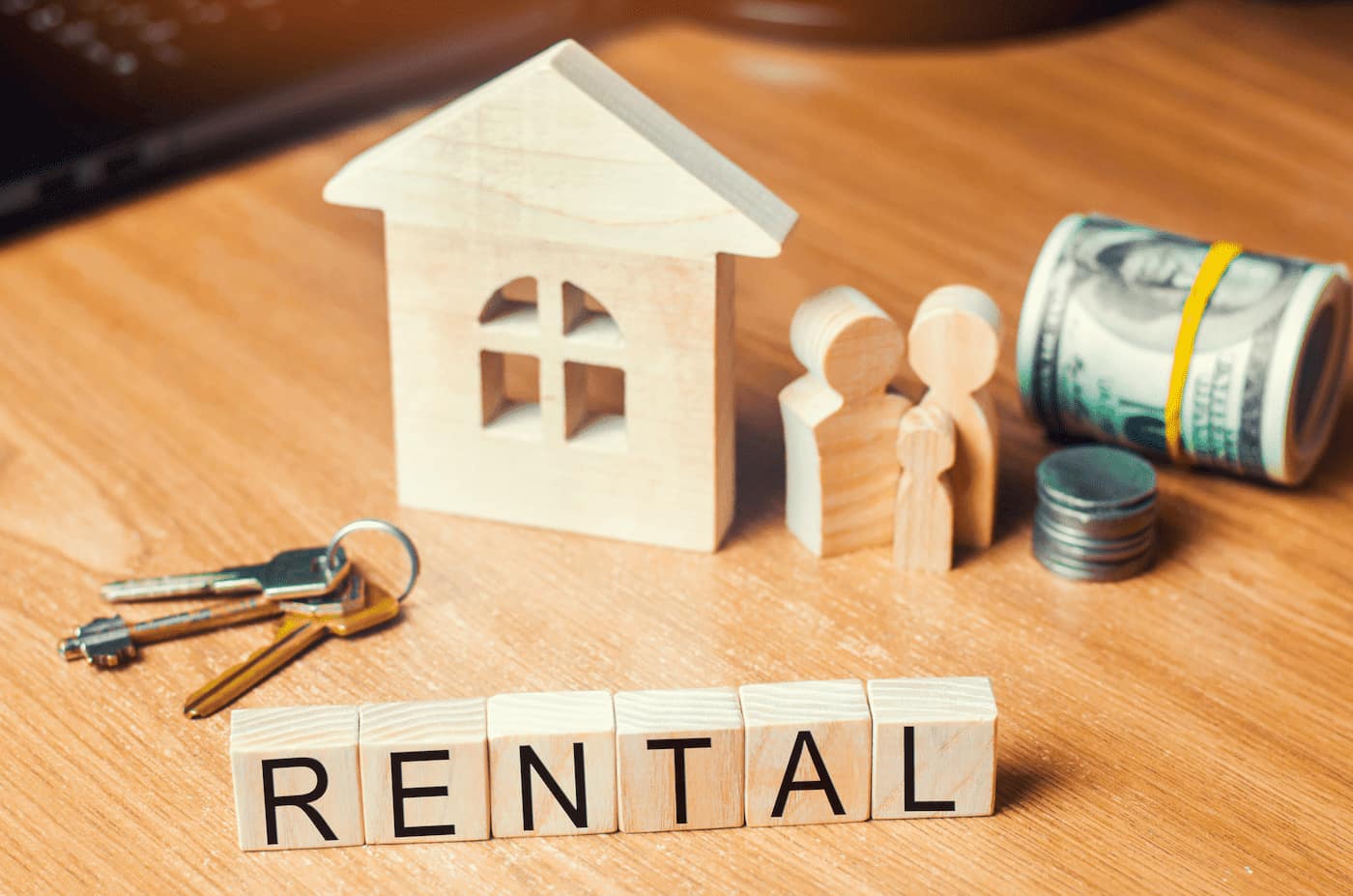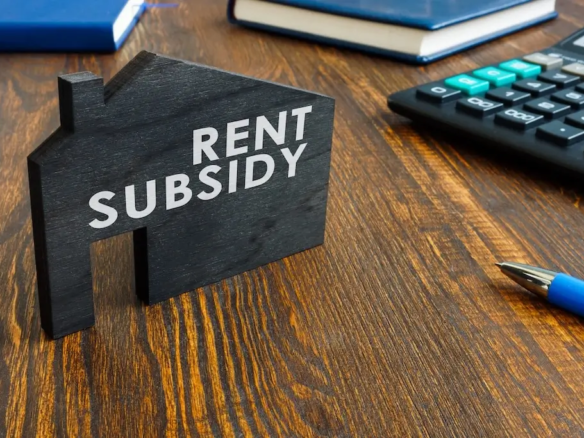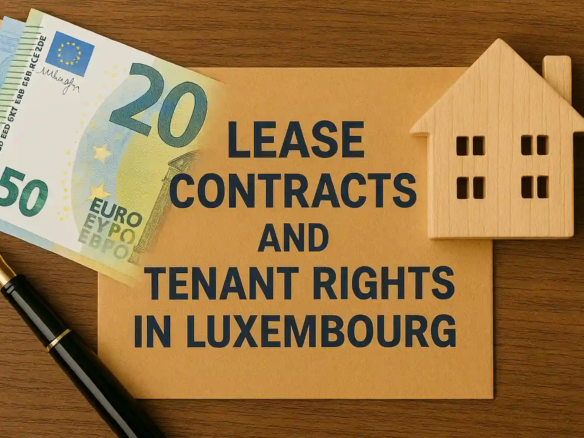Luxembourg’s rental market presents unique challenges for tenants, particularly when it comes to understanding the complete financial picture of renting a property.Beyond your base monthly rent, various additional expenses can add 15-25% to your housing costs, making comprehensive knowledge of these charges essential for effective budgeting and avoiding unexpected financial surprises.
Understanding Your Financial Obligations as a Tenant
Beyond your base rent, you’ll encounter various additional expenses that form part of your overall housing costs. These supplementary fees are legitimate charges that landlords can pass on to tenants, covering everything from building maintenance to utility consumption. The key principle governing these costs is that landlords can only charge tenants for expenses they have actually incurred on the tenant’s behalf, and must provide proper documentation as proof.
Your landlord has the right to request advance payments for these service charges, which can be adjusted during your lease period based on actual consumption and costs.This system ensures that you pay for services you actually use while providing landlords with predictable cash flow for building operations.
Energy and Utility Expenses
A significant portion of your additional housing costs will relate to energy consumption and utilities. These typically include electricity for common areas, water supply, heating systems, and sometimes gas for cooking or heating. In Luxembourg’s climate, heating costs can represent a substantial portion of your winter expenses, particularly in older buildings with less efficient insulation.
Water charges encompass both supply and sewage treatment, while electricity costs cover lighting and power for shared spaces like lobbies, stairwells, and parking areas. Some properties may also include charges for hot water systems or central heating maintenance, depending on the building’s infrastructure.
Building Maintenance and Common Area Costs
Property maintenance represents another category of legitimate tenant charges.These expenses cover the upkeep of shared spaces and building systems that benefit all residents. Common maintenance costs include cleaning of entrance halls and stairwells, elevator maintenance and repairs, garden and landscaping upkeep, and snow removal during winter months.
Building security systems, intercom maintenance, and general repairs to common areas also fall under this category. However, it’s important to note that major structural repairs and improvements typically remain the landlord’s responsibility and cannot be passed on to tenants.
For properties with elevators, ground floor tenants may be exempt from elevator-related charges since they don’t benefit from this service. This principle of charging only for services actually used helps ensure fairness in cost distribution among tenants.
Minor Repairs and Maintenance Items
Tenants are typically responsible for minor repairs and maintenance items that result from normal use or minor damage. These might include replacing light bulbs in common areas, smoke detector battery replacements, or small repairs to fixtures that don’t constitute major building maintenance.
The distinction between minor repairs (tenant responsibility) and major repairs (landlord responsibility) can sometimes be unclear. It’s advisable to clarify in your lease agreement what constitutes minor repairs and establish reasonable cost limits to avoid disputes.
Municipal Taxes and Administrative Fees
Local government charges form another component of your housing expenses. These include municipal waste collection fees, sewage treatment charges, and other local taxes related to property occupation. While property taxes themselves remain the landlord’s responsibility, service-related municipal charges are typically passed on to tenants.
Chimney cleaning, where applicable, and mailbox maintenance also fall under this category of administrative and regulatory costs that benefit property occupants directly.
Recent Legislative Changes Affecting Costs
Luxembourg’s rental market underwent significant reforms in August 2024, introducing several changes that affect tenant costs. Most notably, real estate agency fees must now be split equally between landlords and tenants, reducing the upfront costs for new tenants who previously bore the full agency commission.
The maximum security deposit has been reduced from three months to two months’ rent, providing additional financial relief for tenants. New regulations also establish clearer procedures for deposit returns, with landlords required to refund half the deposit within one month if no significant damage is reported.
All rental agreements must now be documented in writing, eliminating the legal validity of verbal contracts and providing better protection for both parties. These written contracts must specify that rent doesn’t exceed 5% of the invested capital, maintaining existing rent control measures.
Understanding Charge Calculations and Billing
Service charges can be calculated and billed in different ways, depending on your lease agreement. Some landlords use actual cost billing, where you pay based on precise consumption and expenses, while others employ flat-rate systems that provide predictable monthly costs.
Annual statements must be provided to tenants, showing how charges were calculated and what actual expenses were incurred. This transparency requirement helps ensure that you’re only paying for legitimate expenses and can verify that charges align with actual building costs.
For furnished properties, landlords may charge additional fees for furniture use, limited to 1.5% per month of the total invoice value for furniture less than 10 years old. However, fitted kitchens are considered part of the building infrastructure rather than furniture, so their costs are included in the base rent calculation.
Regional Considerations and Market Variations
Different areas of Luxembourg may have varying approaches to additional costs and service charges. In communities like Hesperange, understanding local market practices can help you budget effectively and negotiate fair terms. Our comprehensive guide to rental costs in Hesperange provides detailed insights into local pricing structures and typical expense ranges.
When preparing for a rental application, having proper documentation ready can streamline the process and demonstrate your understanding of financial obligations. Our detailed checklist of required renting documents in Hesperange ensures you’re prepared for all aspects of the rental process.
Protecting Your Interests
Understanding your rights and obligations regarding additional costs is crucial for maintaining a positive landlord-tenant relationship. Familiarizing yourself with lease contracts and tenant rights helps ensure you’re not overcharged for services while meeting your legitimate obligations.
The security deposit system, now limited to two months’ rent, provides important protections for both parties. Our detailed guide on rental deposit requirements in Luxembourg explains how these systems work and what you can expect when moving in and out of properties.
Budgeting for Total Housing Costs
When evaluating rental properties, it’s essential to consider the full cost picture beyond the advertised rent. Additional charges can add 15-25% to your monthly housing expenses, depending on the property type and included services. Factor in utility costs, building maintenance fees, and municipal charges when determining affordability.
For property owners considering whether to sell privately or work with a real estate agent, understanding tenant cost structures helps in setting competitive rental rates and managing property expenses effectively.
Professional Guidance and Support
Navigating Luxembourg’s rental market requires understanding both the legal framework and practical implications of various cost structures. At Zeas.immo, we help clients understand all aspects of rental agreements, from basic rent calculations to complex service charge arrangements.
Whether you’re a tenant seeking to understand your obligations or a property owner looking to structure fair and legal charge systems, professional guidance ensures compliance with Luxembourg’s evolving rental regulations. Our expertise in the Hesperange area and broader Luxembourg market helps clients make informed decisions about rental costs and contractual arrangements.
The complexity of rental cost structures in Luxembourg makes professional advice valuable for both tenants and landlords. Understanding your rights, obligations, and the legal framework governing additional costs helps create successful rental relationships while protecting your financial interests in Luxembourg’s dynamic housing market.





Join The Discussion